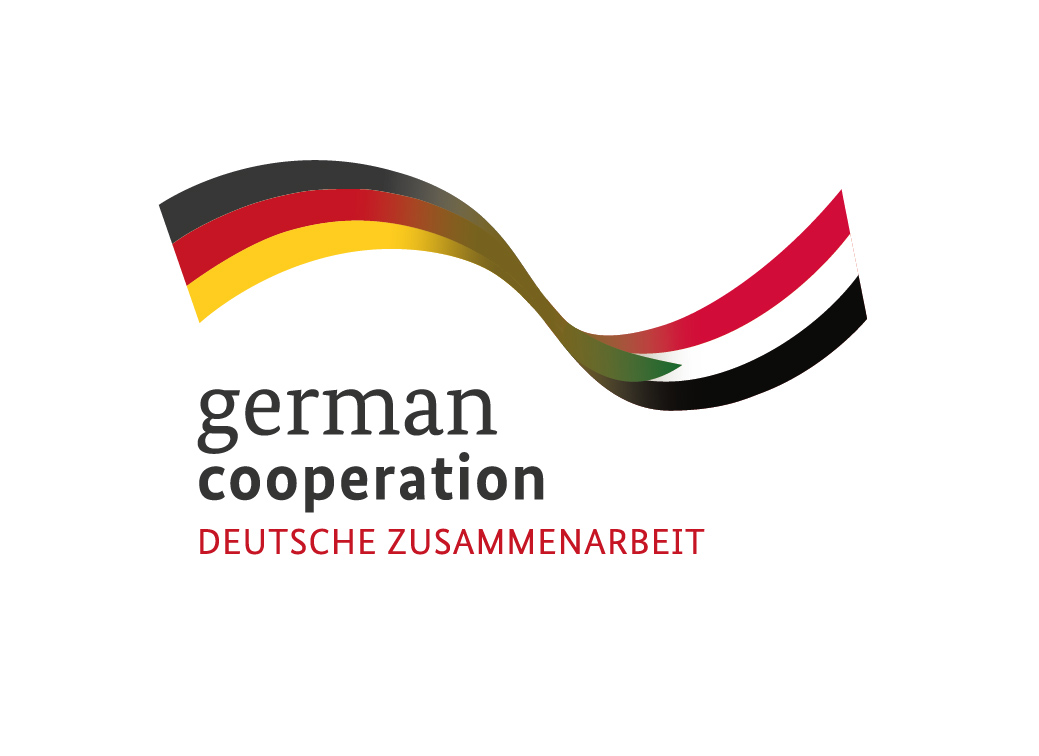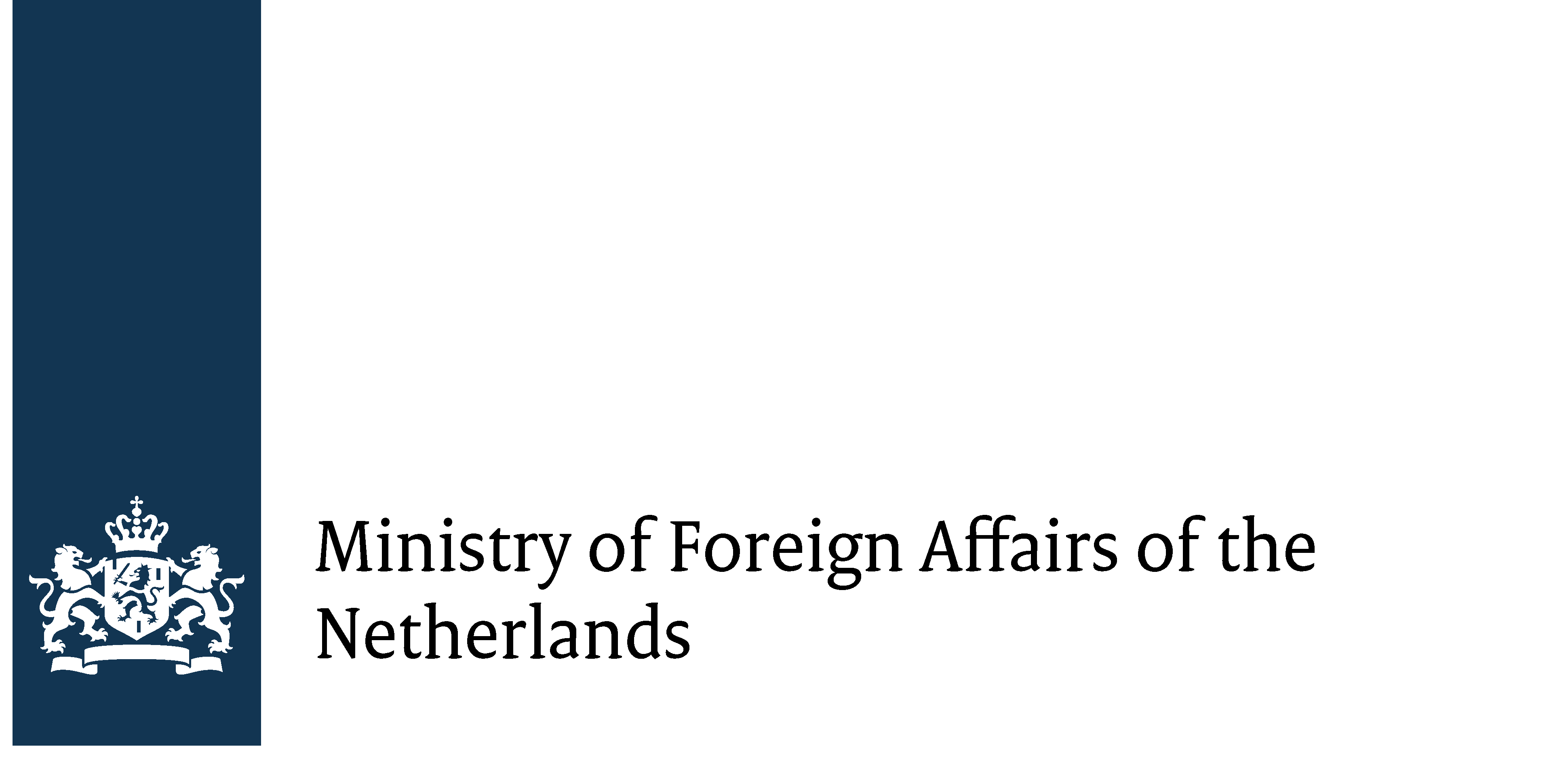From 18-21 November 2024, the Wayamo Foundation held a four-day workshop in Kampala, Uganda, on the theme: “Equipping for Justice: Tools for effective documentation and case building”, bringing together Sudanese lawyers, human rights defenders, and representatives from civil society.
The workshop built on the progress made from the one-on-one mentoring sessions with the network of lawyers and human rights defenders that Wayamo established, who are committed to undertaking documentation for the purposes of accountability. In June 2024, Wayamo began mentoring sessions in Kampala, Uganda, which was followed up by a second session in Nairobi, Kenya in September 2024. In these sessions, network members presented the documentation work that they have done to date and receiving feedback and advice on the next steps to be taken in their respective investigations.
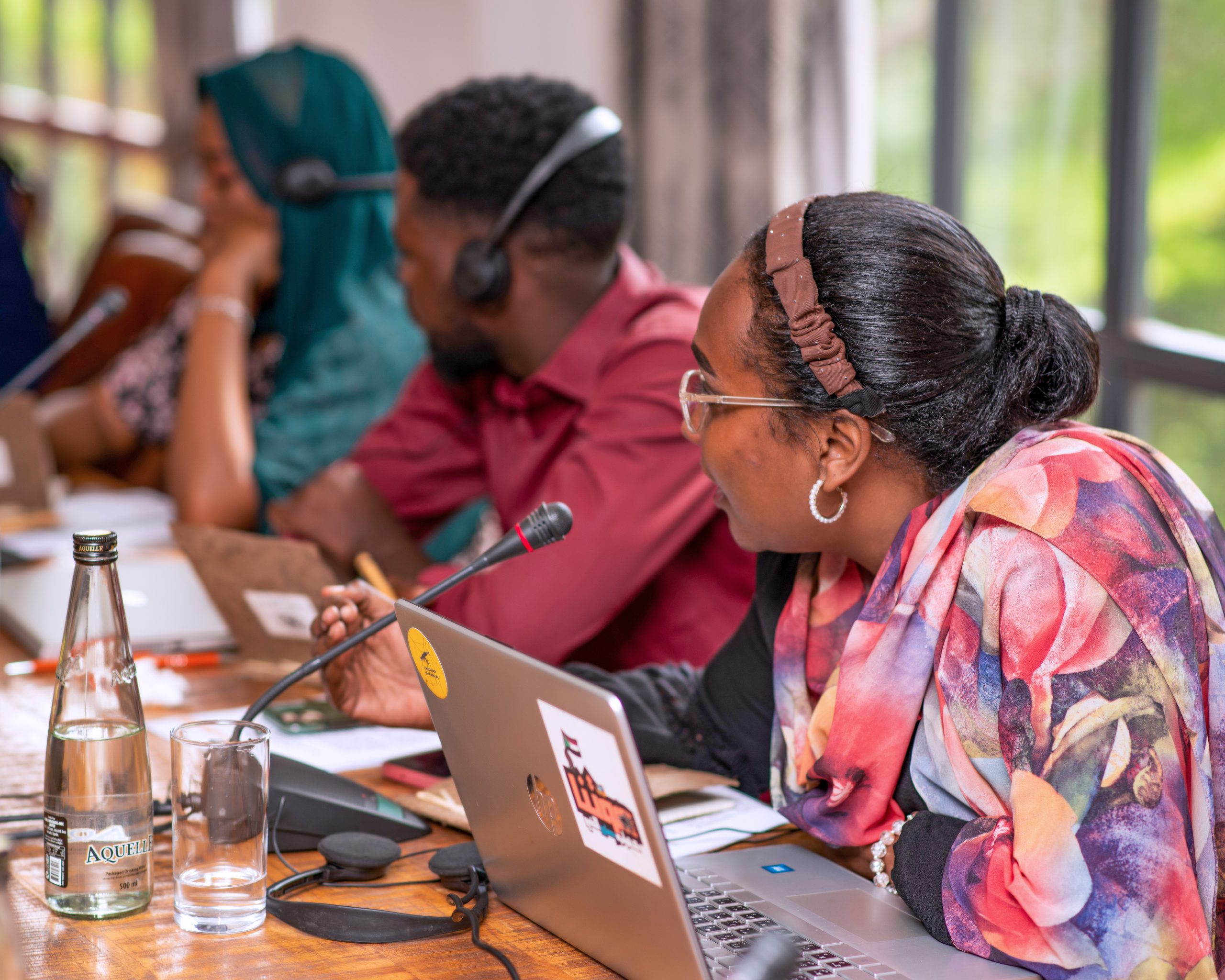
The aim of the workshop was to equip lawyers and human rights defenders with specific tools for the effective documentation of international crimes committed in Sudan and for case building. The workshop focussed on key topics including:
- International humanitarian law and international criminal law
- Templates that can be used when documenting international crimes
- Technological tools that can be adopted by members of the network to transfer information from the field and a system to effectively and safely store the information collected.
The training included information sessions, discussion and dialogue, as well as practical sessions to test the newly introduced tools, and case studies.
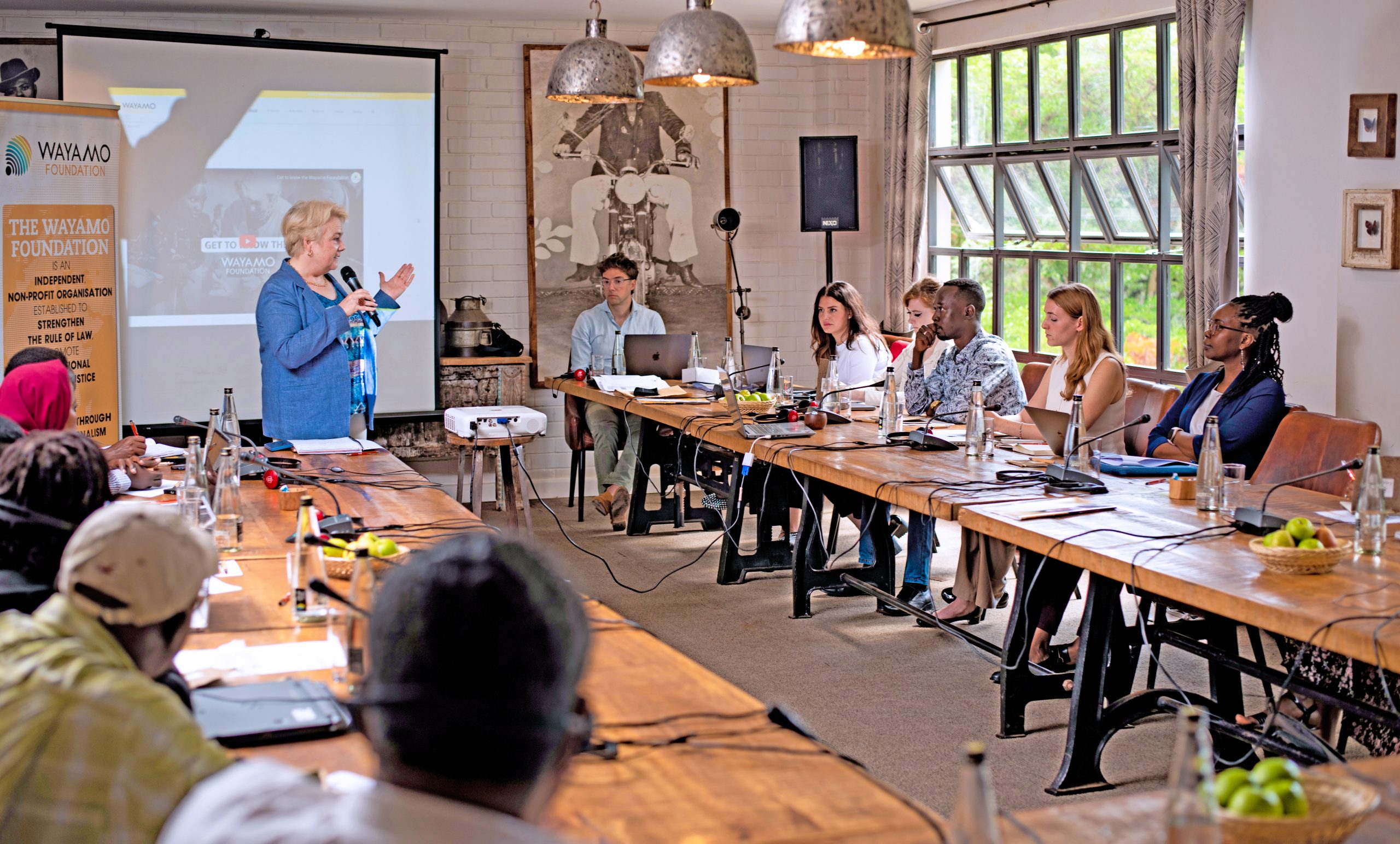
Bettina Ambach, Wayamo Foundation Director, opened the workshop by expressing her appreciation for the participants’ commitment to the documentation of human rights violations and international crimes in Sudan. She traced the history of Wayamo’s Sudan project and the steps that the organisation has been taking to support the pursuit of accountability for Sudan through various avenues, including the exercise of universal jurisdiction. Ms. Ambach also explained that the new mentoring model was developed in response to a request from network members to have more individual one-on-one time with Wayamo’s experts, in order to present the documentation work that they had done to date, and receive feedback and counselling on the next steps to be taken in their respective investigations and case building.
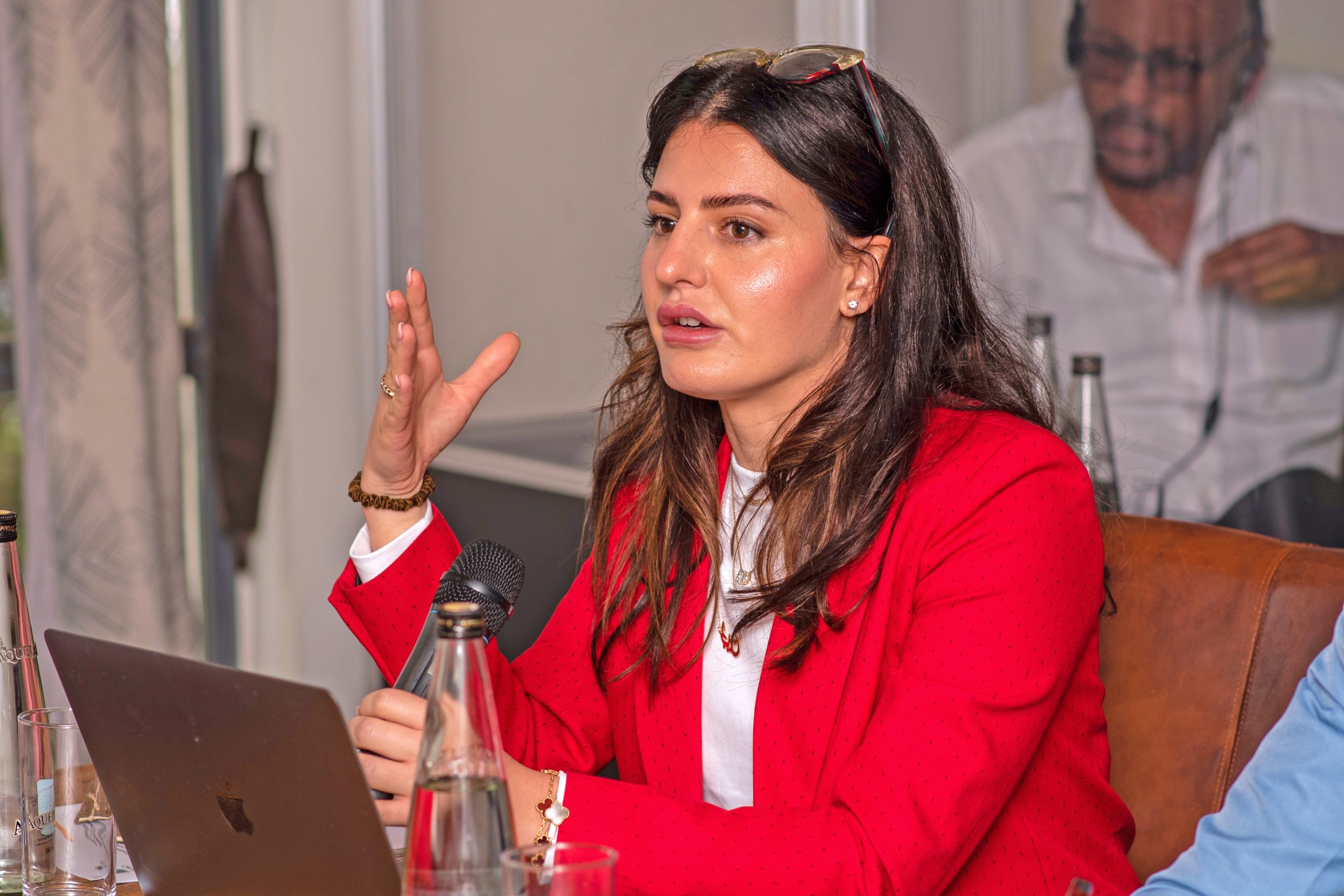
During the first day of the workshop Lujane Benamer, Legal Programme Manager at the Clooney Foundation led the participants through a session on the importance of screening witnesses and victims as opposed to conducting full interviews with them. She walked the participants through a screening template and showed them how to use this in practise to facilitate the documentation process.
Mikel Delagrange, Senior International Legal Advisor at the Wayamo Foundation supplemented this information by leading participants through a session on streamlining documentation, where he provided additional useful templates for lawyers and civil society actors conducting documentation on the ground.
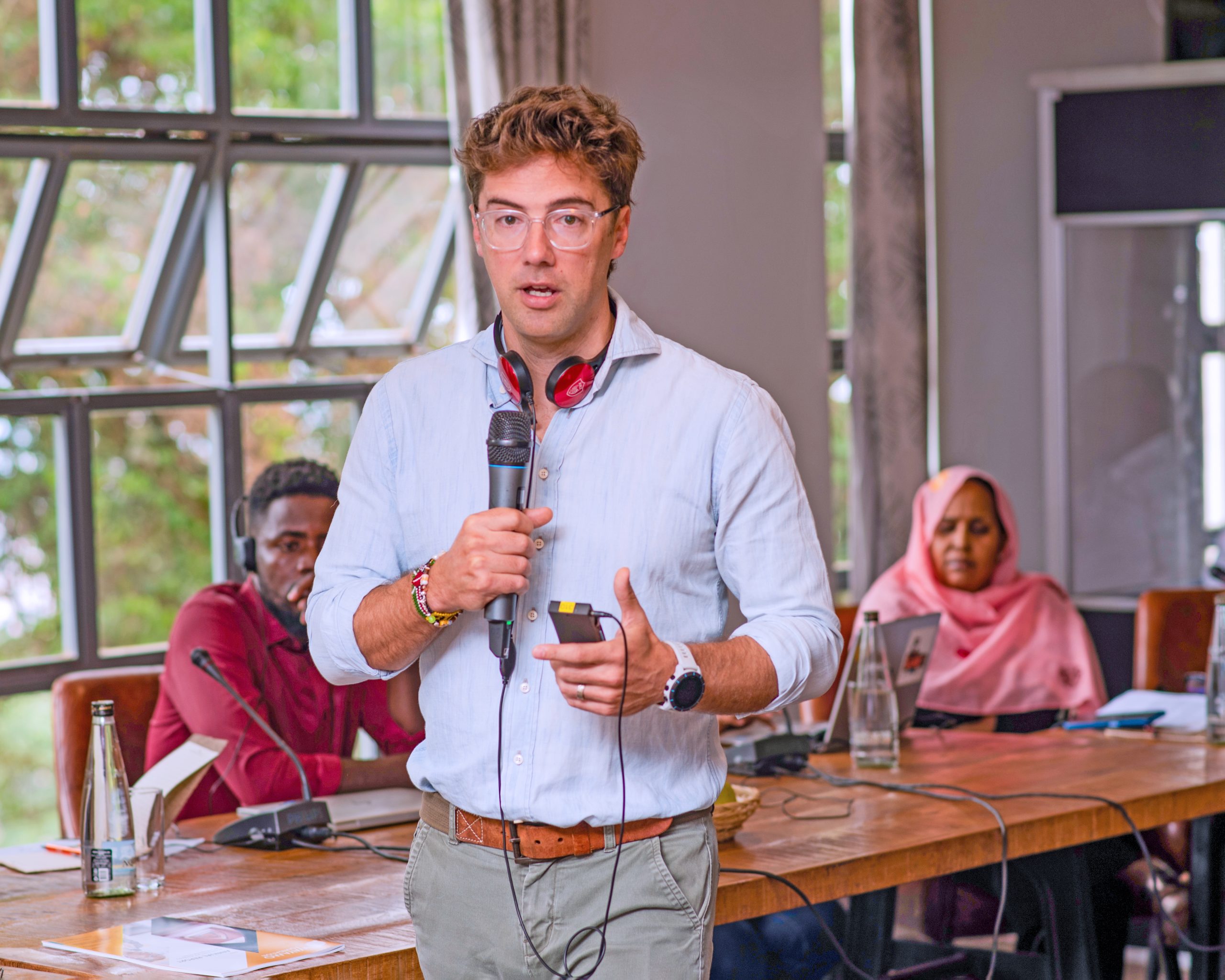
On the second day of the workshop, Linda Bore, International Criminal Lawyer and Project Coordinator at the Wayamo Foundation, led the participants through a refresher session on International Humanitarian Law and core international crimes. She thereafter led them through a session on key considerations in case selection and case building, with some case studies from actual cases being provided.
On the third and fourth day of the workshop, Rebecca Darnell and Abby Schneiderhan from the Center for Advanced Defense Studies (C4ADS), led participants through a session on how to preserve the metadata on digital information that is shared from the field. They also led participants through a session on safe and secure storage in documentation by introducing them to a database tool.
Thereafter, Mr. Dahirou Sant-Anna International Cooperation Advisor, Office of the Prosecutor, International Criminal Court, gave an update on the latest developments in the Ali Kushayb trial and ongoing investigations by the ICC in Sudan.
Overall, the workshop served as a platform to share valuable tools and techniques to enhance documentation practices for Sudanese actors. By incorporating these techniques, participants can streamline their processes, better observe ethical practises in documentation, enhance the safety and security of their stored data and enhance the overall quality of their work in a manner that can positively contribute to accountability further down the line.

